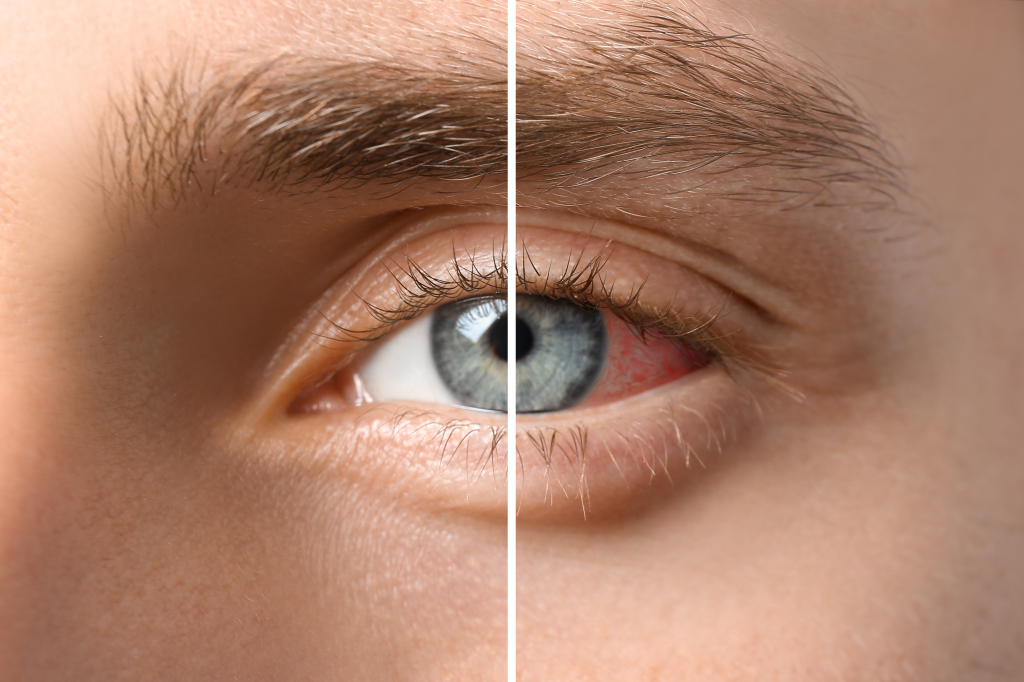Uveitis (Intraocular Inflammations)
Uveitis (Intraocular Inflammations)

Say goodbye to inflammation and hello to improved eye health. Trust our team to provide effective solutions tailored to your needs and restore your vision.
Uveitis is a condition characterized by inflammation in the uvea, which is the middle layer of the eye. The uvea consists of the iris, ciliary body, and choroid, and it plays a vital role in nourishing the eye and regulating its function. It can be caused by various factors, including infections, autoimmune disorders, trauma to the eye, or underlying systemic conditions. The inflammation associated with uveitis can affect one or both eyes, and it can vary in severity and duration.
Symptoms of uveitis may include eye redness, pain, light sensitivity (photophobia), blurred vision, floaters (spots or specks in your field of vision), and decreased visual acuity. It is important to seek prompt medical attention if you experience these symptoms, as uveitis can lead to complications that may affect your vision if left untreated. An eye care professional will evaluate your condition, determine the underlying cause of uveitis, and develop an appropriate treatment plan.
Treatment for uveitis typically involves addressing the underlying cause of inflammation and managing the symptoms. This may include the use of anti-inflammatory medications such as corticosteroid eye drops or oral medications, as well as dilating eye drops to relieve pain and prevent complications like synechiae (adhesions between the iris and lens). Immunosuppressive medications are sometimes prescribed to control the immunological response. Regular follow-up visits with your eye care professional are essential to monitor the progress of treatment and ensure proper management of uveitis.

